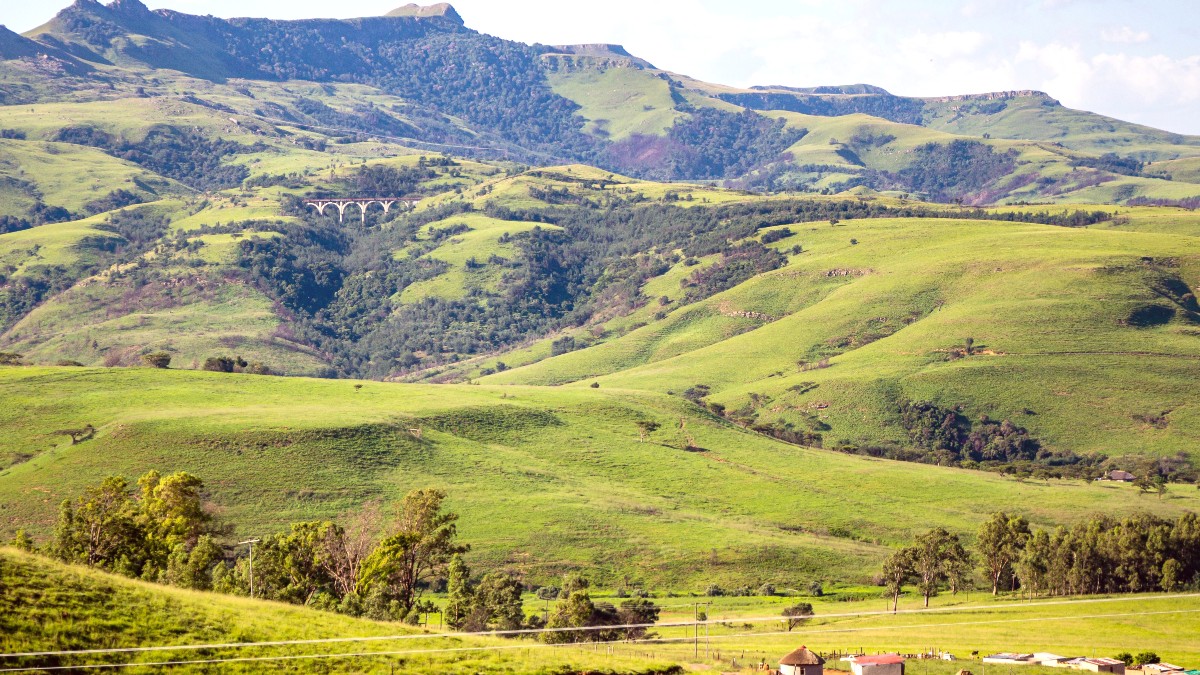
South Africa
This is Franschhoek, often called the "Gourmet Capital" of South Africa. It promises more than just a trip; it presents an immersion into a lifestyle where fine wine, food, and natural beauty intertwine. This guide prepares you for that experience, ready to savor every moment.
The story of Franschhoek began in 1688. French Huguenot refugees arrived here, granted land by the Dutch East India Company. They fled religious persecution in France. The name "Franschhoek" translates to "French Corner" or "French Quarter" in Afrikaans. This name reflects the town's origins and the heritage of its founders.
The Huguenots brought with them advanced skills in viticulture and winemaking. Their knowledge transformed the region. It built the groundwork for the prominent wine industry seen today. Their influence extends beyond wine, shaping the architecture, place names, and cultural identity of the valley. The Huguenot Monument and Museum are a testament to their legacy, drawing visitors who want to learn about this important part of South African history.
Franschhoek holds global recognition as the "Gourmet Capital" of South Africa. It earns this title due to its many high-quality restaurants. Many of these restaurants feature chefs with national and international acclaim. It is also a world-renowned wine region. Visitors find numerous vineyards, wine estates, and cellars here. Beyond food and wine, the town presents much. Well-preserved Cape Dutch historical architecture adds to its charm.
The town hosts several annual events. The Bastille Festival, held in July, celebrates the French heritage with food, wine, and festive activities. The Franschhoek Cap Classique & Champagne Festival, usually in early December, showcases South Africa's sparkling wines alongside international champagnes. These events draw crowds, adding to the town's lively atmosphere.
A hub for fine dining.
Home to many renowned wine estates.
Rich history reflected in culture and architecture.
Valley setting framed by mountains.
Numerous galleries and boutique shops.
Franschhoek presents a blend of refined experiences and natural beauty. It appeals to travelers seeking relaxation and sensory delight. The town's historical roots instill a deep sense of place, making a journey here more than just a visit.
Franschhoek's recognition as the "Gourmet Capital" comes from its many high-quality restaurants with acclaimed chefs. Fine dining experiences await.
The region is a world-renowned wine area, home to numerous vineyards, wine estates, and cellars offering diverse tasting opportunities.
Franschhoek combines rich history, stunning natural settings, and world-class culinary and wine offerings, forming a complete travel destination.
Franschhoek experiences a Mediterranean climate. This brings warm, dry summers and cool, wet winters. Different seasons present varied experiences.
Temperatures and rainfall patterns vary throughout the year, shaping activities and the local atmosphere.
Warm, dry. Averages 20-30°C. Ideal for outdoor activities and vineyard strolls.
Mild temperatures 15-25°C. Increased rainfall. Grape harvest season, colorful landscapes.
Cooler 7-18°C. Higher rainfall. Cozy atmosphere with fireplaces.
Summer can bring occasional heatwaves with temperatures above 35°C (95°F). Winter rainfall can be heavy, especially in July and August.
Wine tasting and vineyard tours are available year-round; summer and autumn (harvest season) are notably popular. Hiking and outdoor activities are pleasant in spring and autumn. Culinary experiences are constant, with specific festivals in certain seasons.